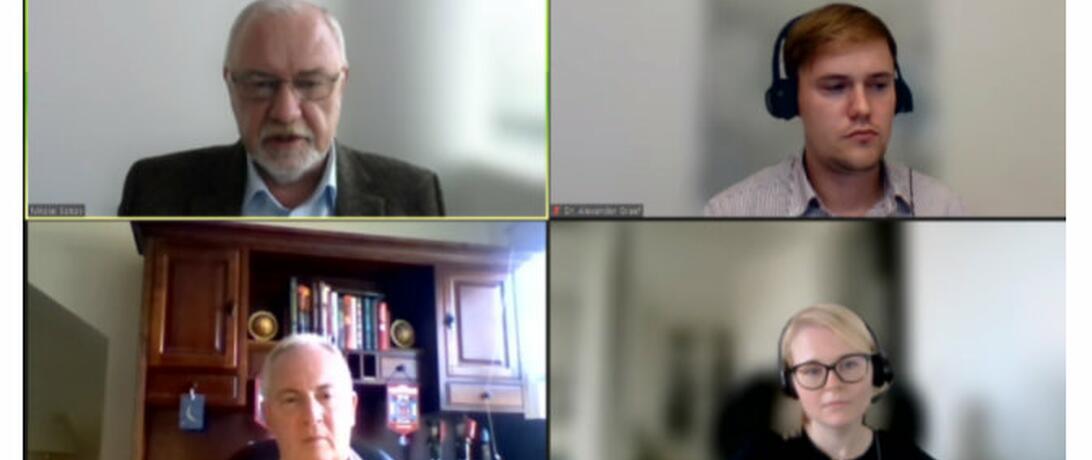“Asymmetric access to information, when adversaries lack shared, timely and reliable information is one of the most important risk factors. While intelligence services exist precisely to minimise informational shortfalls, they do so for their respective governments; sources and methods have to be protected and information cannot be freely shared. In a stand-off relationship, adversaries may be incentivised to not be fully transparent about intentions and capabilities or to present them ambiguously. Such uncertainties and misunderstandings are critical risk factors for conflict escalation. With the increasing public availability of data from unclassified open sources and rapidly advancing analytical capabilities, civil society can provide alternative sources for trustworthy information and analysis,” - stated Ms Bedenko in her remarks.
Learn more about the webinar and watch the recording here: New Tools for Transparency, Verification, and Confidence Building
